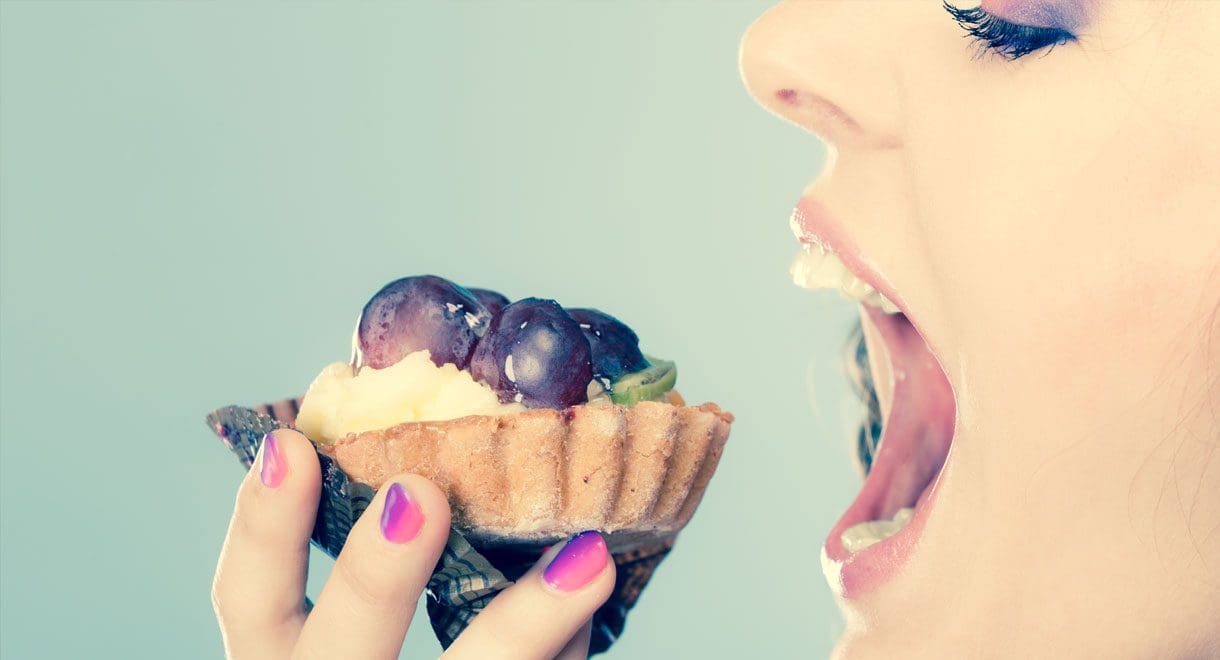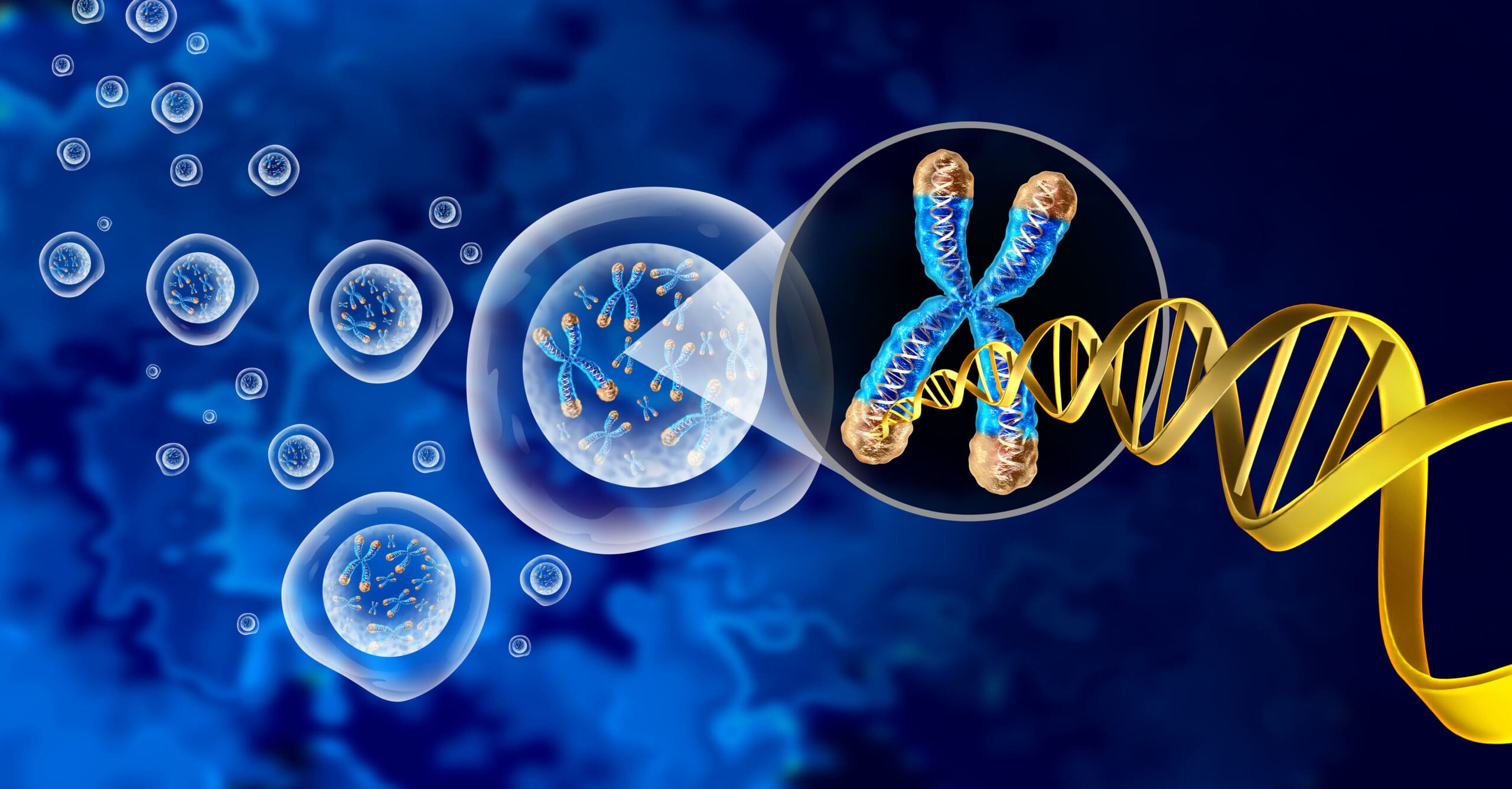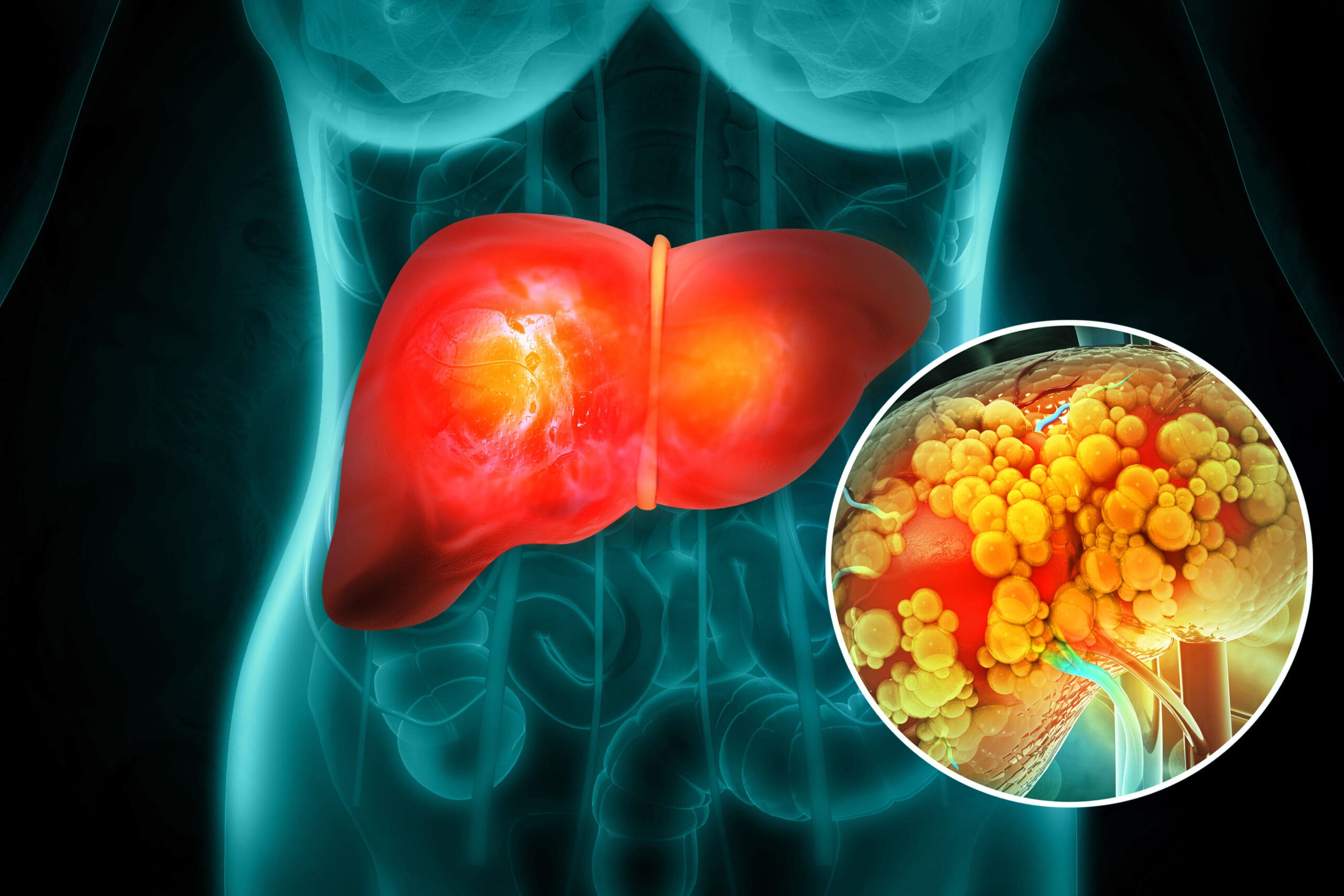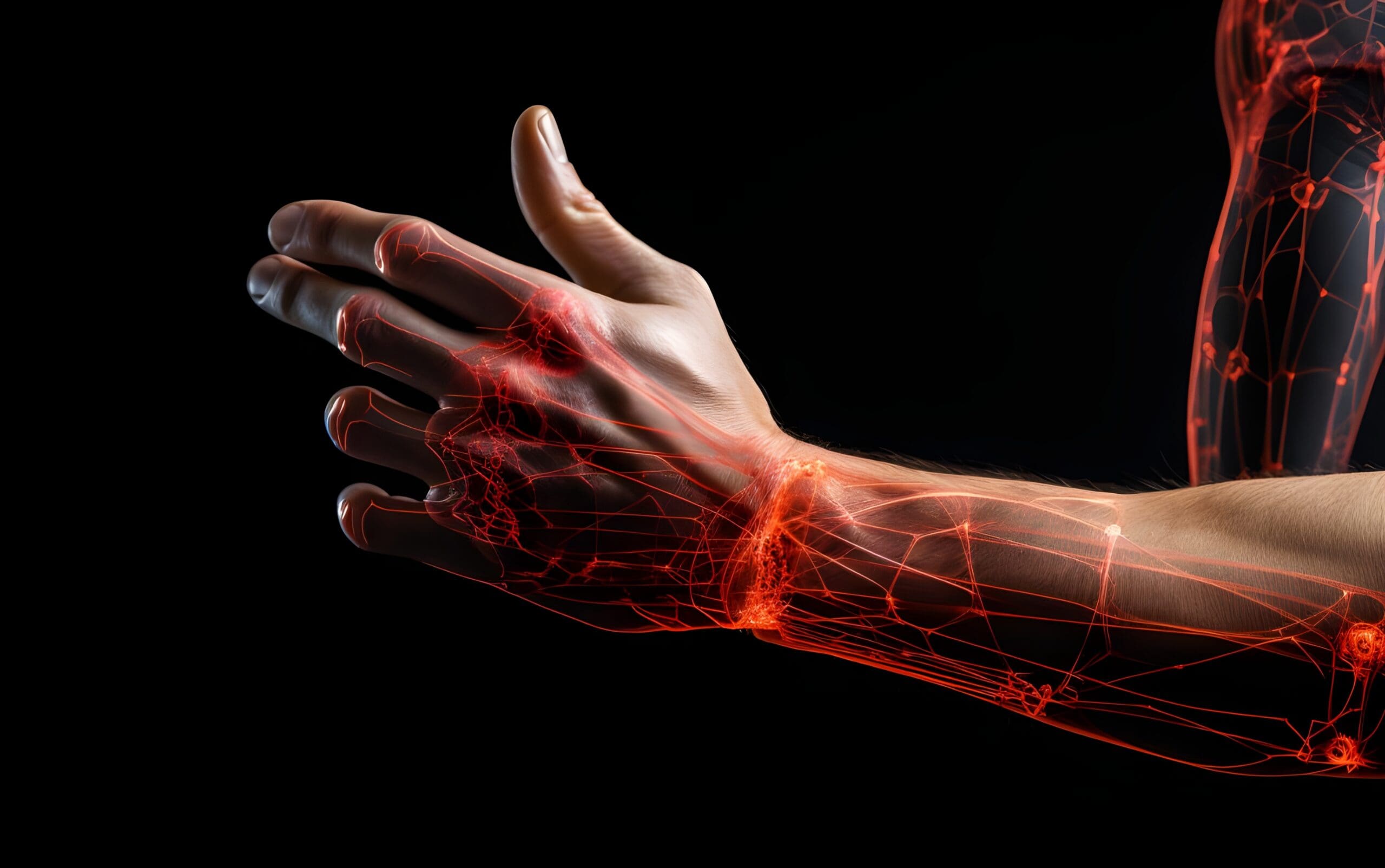Is Food Your Addiction?
Some fattening foods may be as addictive as heroin or cocaine.
Anyone who struggles to lose weight knows it takes more than just willpower to shed those unwanted kilos. Exercise may be one solution but even workouts can’t compete with brain function according to this study that found overeating alters brain function and increases the likelihood of addiction.
Using brain imaging it was suggested high glycaemic foods may trigger the same brain mechanisms as substance abuse.
Consuming highly processed, rapidly digested carbohydrates can cause excess hunger and stimulate brain regions involved in reward and cravings. This part of the brain is also linked to substance abuse and dependence which raises the question as to whether certain foods might be addictive according to Professor David Ludwig, Director of the New Balance Foundation Obesity Prevention Centre, Boston Children’s Hospital.
“These results suggest that limiting these high glycaemic-index foods, bad carbs such as white bread and potatoes could help obese people avoid overeating”, says Professor Ludwig.
The more we eat these types of food, the more we crave them. Sound familiar? Also just like drug addicts develop tolerance for a certain drug, people who show signs of food addiction develop a tolerance for certain foods.
Regardless of being full the need to continue eating even though the food satisfies them less and less. This affects not just those people struggling with weight issues, but it can cause normal weight individuals to lose control of their eating behaviour.
Another recent study investigated which foods were rated most highly for their addictive properties against those ranked least addictive such as the more nutrient dense low calorie options (salad vegetables and wholegrains).
Participants had to describe their food related experiences using the Yale Food Addiction Scale with statements such as “I eat to the point where I feel physically ill”. Links were made between certain types of food and associated addictive food behaviours. The findings show that consuming plain, unprocessed foods controls feeding behaviour long term.
Here are some of the most and least addictive types of food:
Pizza: No surprise here. Rich in processed carbohydrates, starches, trans fats (manufactured fats) and salt in the base plus fatty ingredients gives the brain a stimulation overload. Control your intake by choosing thin, baked bases with maximum healthy choice toppings such as meat (beef, lamb, chicken) and vegetables. It’s important to note here that not all fats are ‘bad’, there are good fats too which should be included in your diet such as fish, nuts and seeds.
Chocolate: Not the 85% cocoa chocolate but the sweet milk variety that many can’t stop eating once the block is opened. Stick to small serving sizes and the darker the better.
Potato chips: Packed with appealing flavours and fat overload helps explain why an entire bag is consumed in no time. Go for smaller packets and plain, not flavoured.
Biscuits: A stimulation overload with their white flour, sugar, gluten and trans fats. If you have to eat one of these, make it an occasional treat and avoid the gluten.
Ice cream: Flavours galore with added syrups, chocolates and confectionary it’s no wonder most have trouble stopping at just one scoop. When the lure of ice cream calls look for sorbets or gelato.
The least addictive:
Cucumber: mostly water, good for fibre and potassium intake – eat one per day to help reduce bloating.
Carrots: Nutrient rich a carrot daily will boost your fibre and beta carotene intake.
Beans: Add to salads, soups and mince dishes for a nutrient and protein boost.
Apples: a perfect sugar hit and add a nut spread for that afternoon sugar hit.
Brown rice: if you’re active and need that carb boost; eat this at lunch or dinner time to help prevent sugar cravings later in the evening.
How can you tell if you have a food addiction? The Yale Food Addiction Scale is a test that doctors use to identify potential food addictions. Take the test and try it for yourself. Are you a compulsive eater? Here are some questions that if you answer ‘yes’ you may want to investigate further.
- Do you eat even when you are full?
- Do you go out of your way to obtain certain foods when they aren’t readily available in your home?
- Do you find yourself finishing off a bag of chips or packet of biscuits when you only intended eating a few?
- Do you have intense cravings?
- Do you notice that certain foods are harder to stop eating than others?
- Do you choose to eat rather than spend time with friends and family?
- Do you avoid activities and events that you once enjoyed because of a fear of overeating?
- Has your overeating restricted your lifestyle?
Sources:
Books by Dr Sandra Cabot:
- “I can’t lose weight.. and I don’t know why”
- “Gluten is it making you sick or fat?
- “The Body Shaping Diet”
- “The Liver Cleansing Diet”









Leave A Comment